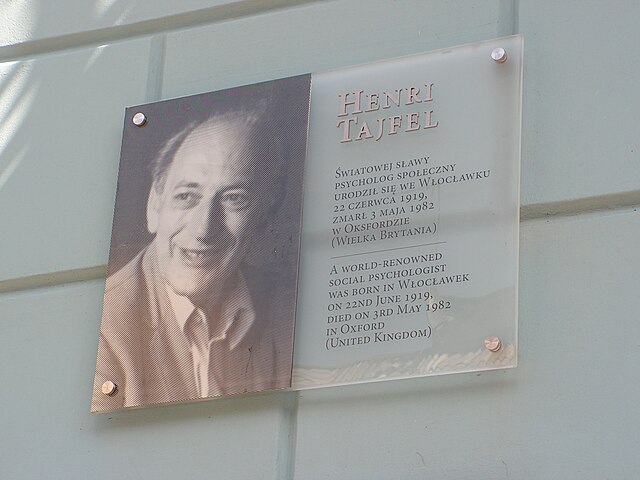In social psychology and sociology, an in-group is a social group to which a person psychologically identifies as being a member. By contrast, an out-group is a social group with which an individual does not identify. People may for example identify with their peer group, family, community, sports team, political party, gender, sexual orientation, religion, or nation. It has been found that the psychological membership of social groups and categories is associated with a wide variety of phenomena.

Multiple layers of in-groups and out-groups in an American football stadium: People in this stadium form an in-group of American football fans and professionals vs. those who are not fans of the sport. Fans in attendance at the stadium vs. people spectating the match via external means, e.g. television/radio coverage. Fans and professionals affiliated with one team vs. those affiliated with the opposing team. Professionals on the field (players, officials, coaches, mascots and cheerleaders) vs. the paying customers in the stands who are denied access to the facility's secure nucleus except by invitation from a high-status individual.
Henri Tajfel was a Polish social psychologist, best known for his pioneering work on the cognitive aspects of prejudice and social identity theory, as well as being one of the founders of the European Association of Experimental Social Psychology.
Plaque on the building in his native city Włocławek


